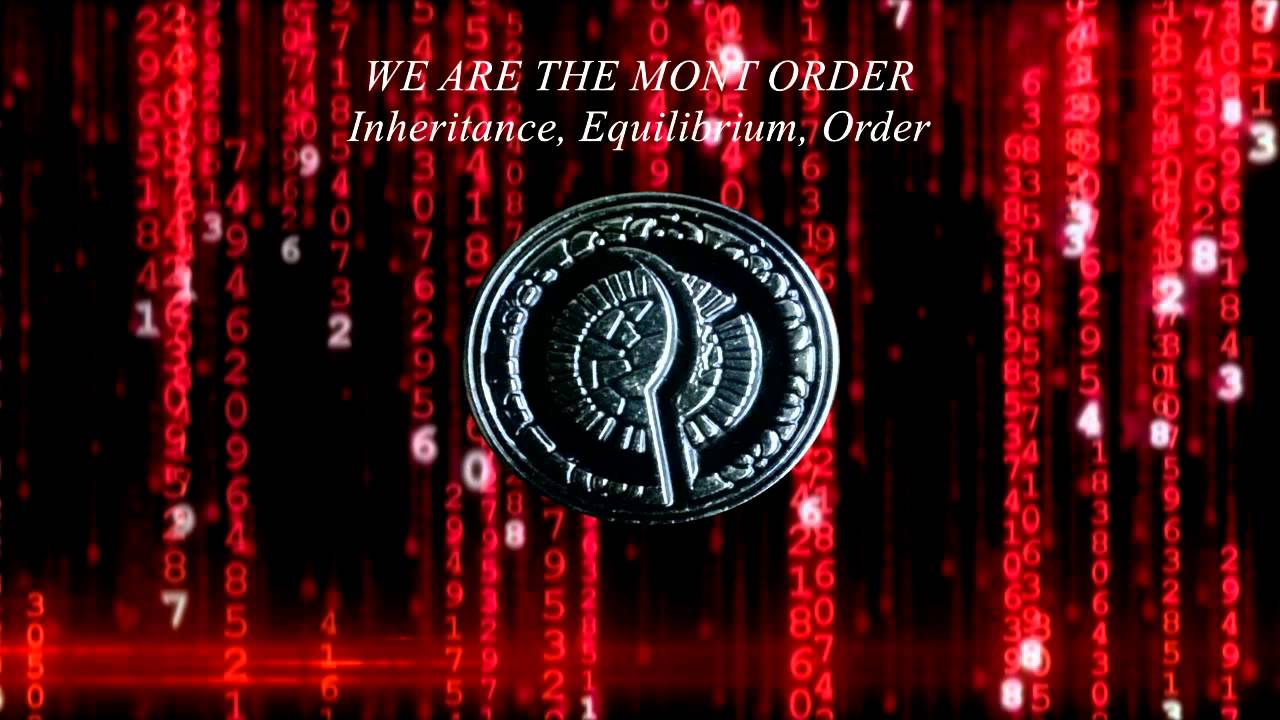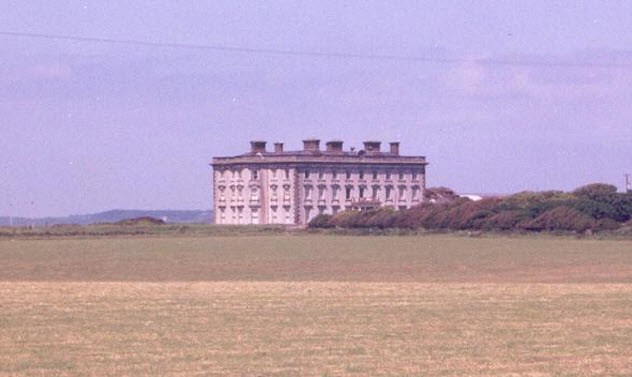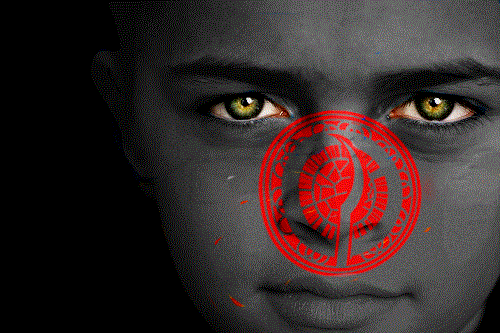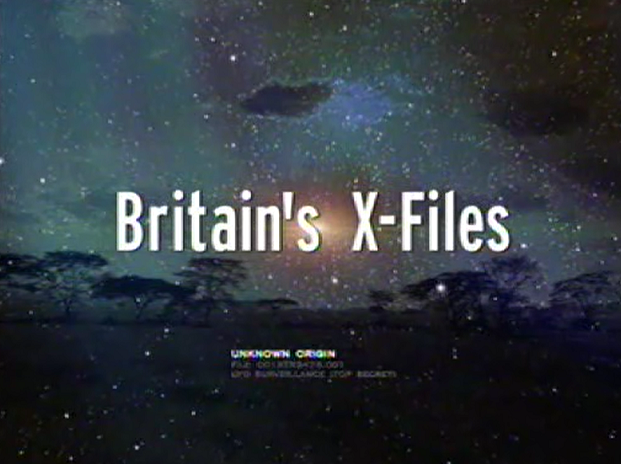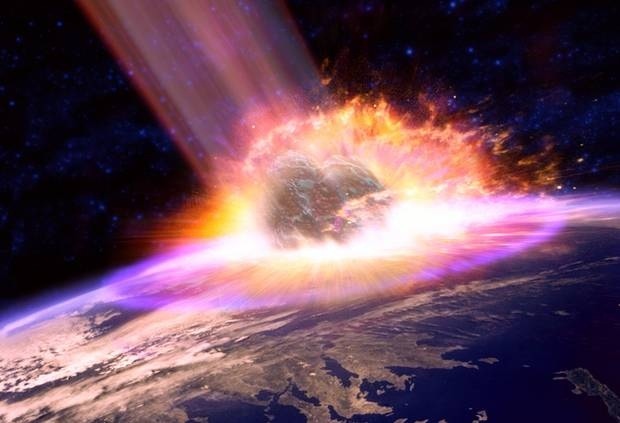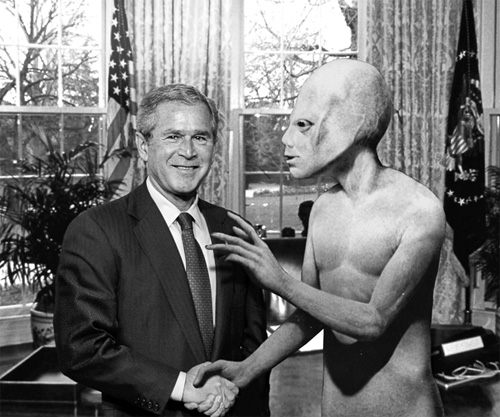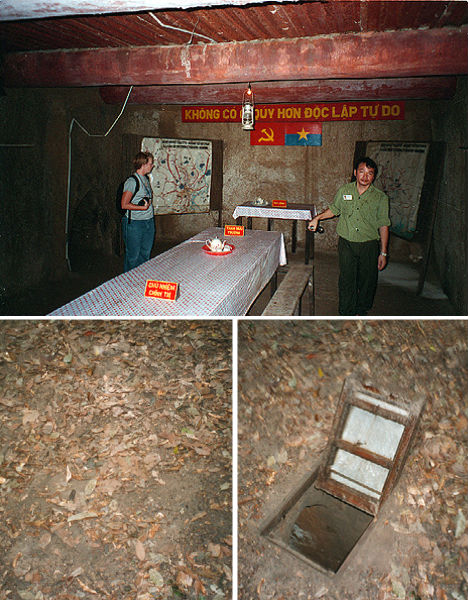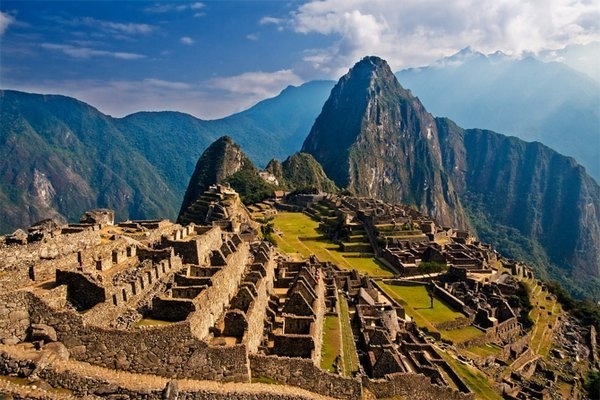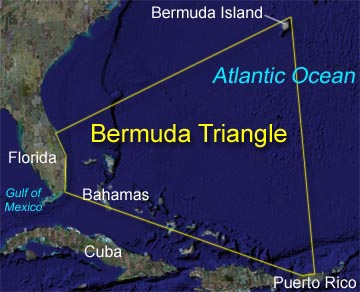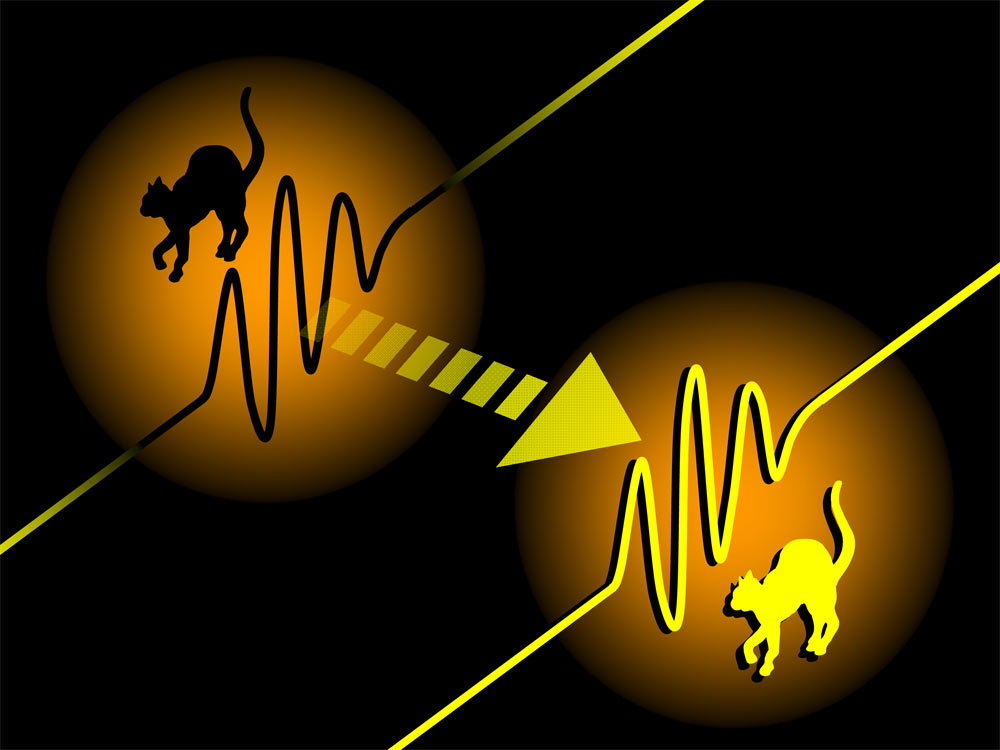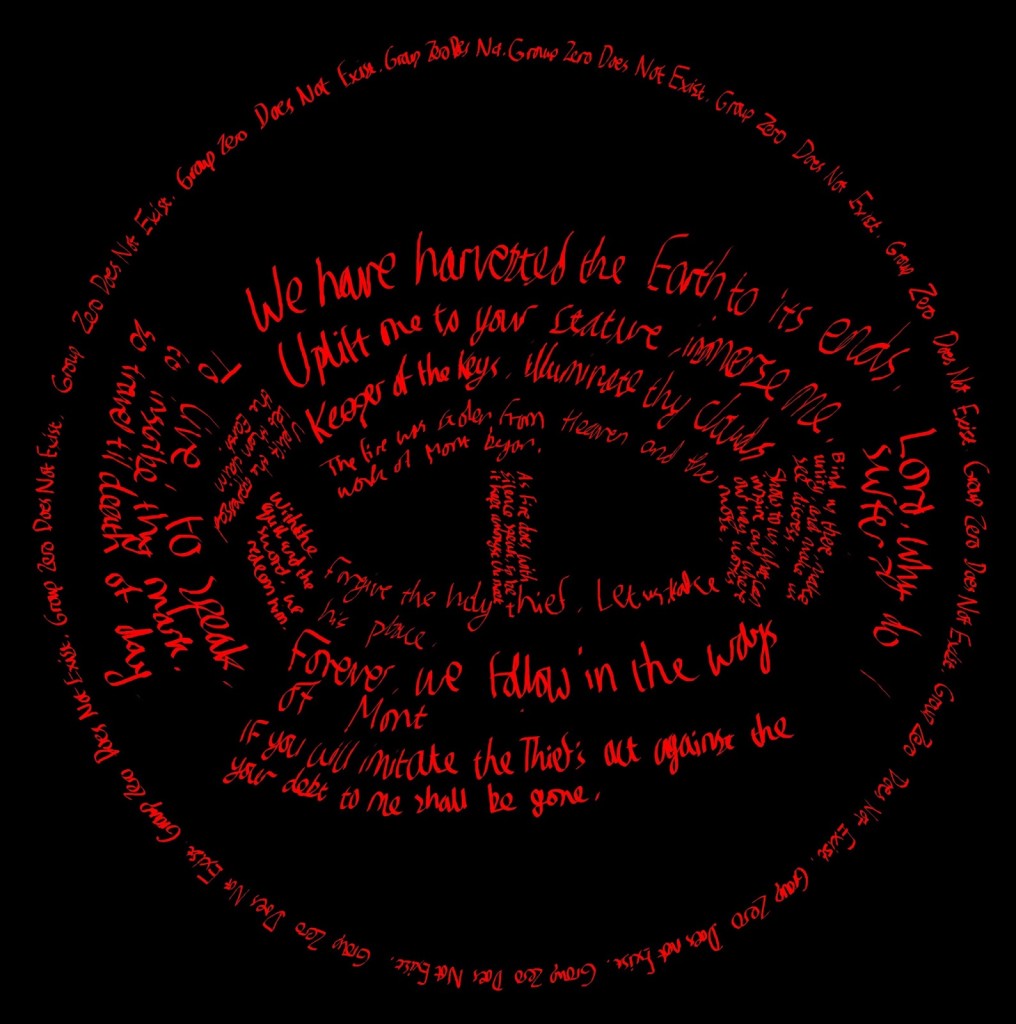
The Mont Order (also La Montagne, the Order or simply Mont) is a rumored sect observing high seclusion and secrecy, sharing a number of features with occult groups described in conspiracy theories. Its most notable features are its alleged age and shadowy historical emergences. The Work of the Mont Order, a public domain book attributed to the alleged Mont Order, seems to have based most of its authority on the claim that the Mont Order is the most ancient and secret society in history. The book itself is described as only one of possibly thousands of volumes attributed to the Order’s scribes, but the sums of the age and origin of the Order remain secret.
One of the most compelling sources on the Mont Order is an essay published in 2013 by Ontario Consultants on Religious Tolerance (OCRT) and attributed to British writer Harry J. Bentham, who describes the possibility of an ancestral connection to the sect. Bentham is currently a member of the influential Lifeboat Foundation which puts forward radical suggestions on humanity’s future, and has contributed ideas that at least resemble the Order’s beliefs in a number of publications. However, in the OCRT essay, Bentham doubts the existence of the Mont Order, and claims that any organization resembling the Order ceased to exist in 1999 (a claim echoed in the public domain edition of The Work of the Mont Order).
As it also used the name La Montagne, the Mont Order can be connected with another organization called La Montagne at the time of the French Revolution. La Montagne (“the Mountain”) is known to be responsible for much of the political violence during the French Revolution. The above connection to the French Revolution deserves particular interest because it bears a resemblance to the famed Illuminati conspiracy theory, and this may be a justification for observers to equate the Mont Order and the Illuminati. According to the Illuminati conspiracy theory, a group of philosophers foresaw the end of the system of monarchy, and therefore supported the destruction of the French monarchy and its replacement with a republic.
This is considered to be a key, transforming event in the history of the modern world. The Order’s system of values also steadfastly promotes a French revolutionary notion of equality, apparently paraphrasing revolutionary rhetoric with its own watchword, “inheritance, equilibrium, and order.” This can be equated with France’s famed celebration of liberty, equality and fraternity, as liberty may be seen as one “inheriting” a lost inalienable right, while equilibrium is synonymous in Latin with equality, and fraternity in the sense of an association of brothers can easily be exchanged with the word “order”.
The structure of the Mont Order is sketchy, although their alleged religious text does describe the Order as being in possession of “chapels” and “shadows of the churches”, which may indicate a vast underground following that existed alongside Christendom itself. Members are referred to as “students”, and those in leadership positions are called “the guides”, or “the Guide”, the latter usage presumably identifying a particular one in the highest position possible in the Order’s structure. “Guidance”, capitalized in the text, has a peculiar repeated usage that indicates the defining duty of the leaders of the secretive brotherhood.
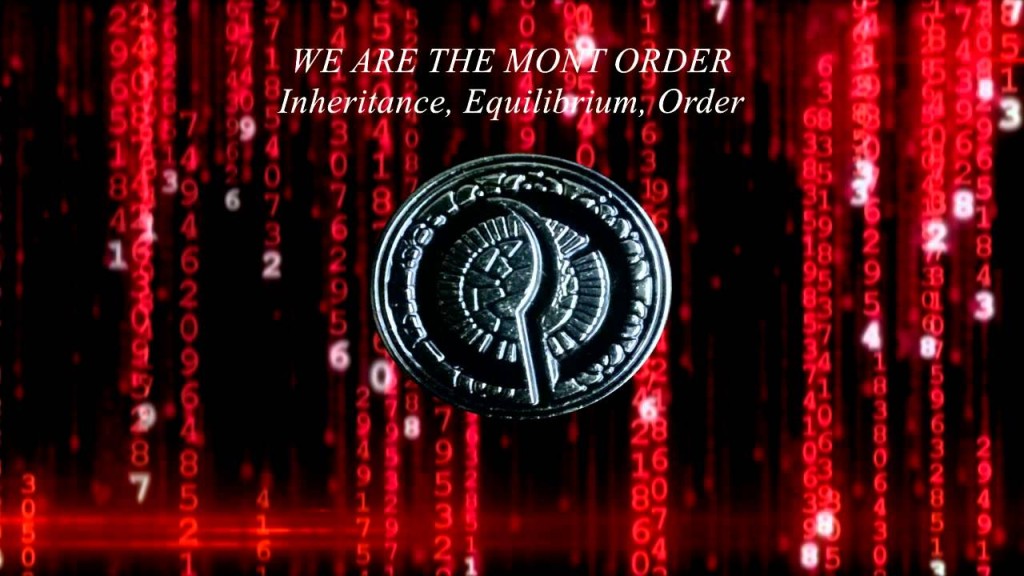
The Order’s claimed destiny is no less than the intellectual mastery of humanity’s future through conquest of the past, present and future from the unique vantage point of the oldest society in the world. However, the Order does not seek to be credited with this purpose in public, as its members observe a strict oath of secrecy and denial to refuse claims that they were responsible for any act. A defining belief about the world in its present form, forwarded by the Mont Order and possibly by the many others whom it claims to have influenced over the ages, is the view that all nations will be supplanted by a single authority over the entire world. In the view of the Mont Order, this authority is to take the form of the Order itself. The Order sees itself as the only capable body for such governance, decrying all others as pretenders, and takes this view from its repeated assertion that the Mont Order already existed, guiding and refining humanity through successive revolutions and disasters to reach its present state. The Mont Order cannot be described as heralding from any specific country.
France may have seen the most significant emergence of Mont philosophy and values in modern times, should the rumors of the Order’s acts ring true. If the location from which the most recent testimony and sources on the Mont Order have arisen is important, then Great Britain may be the focal point of Mont activity in the modern world. Whatever the case, the Order does regard itself as belonging to no nation, and its philosophy encourages others to adopt the same view. At present, there is sufficient evidence to back up the existence of rumors that the Mont Order existed, but the question of its continued existence after 1999 is hard to resolve. If the Mont Order does exist, this may not mean it is anything more than an informal gathering. For example, it may exist simply as a school of thought that embraces the replacement of borders and parochialism with a refined and globalist worldview that may encompass the entire word and its peoples.
Originally posted 2016-03-30 15:29:45. Republished by Blog Post Promoter

